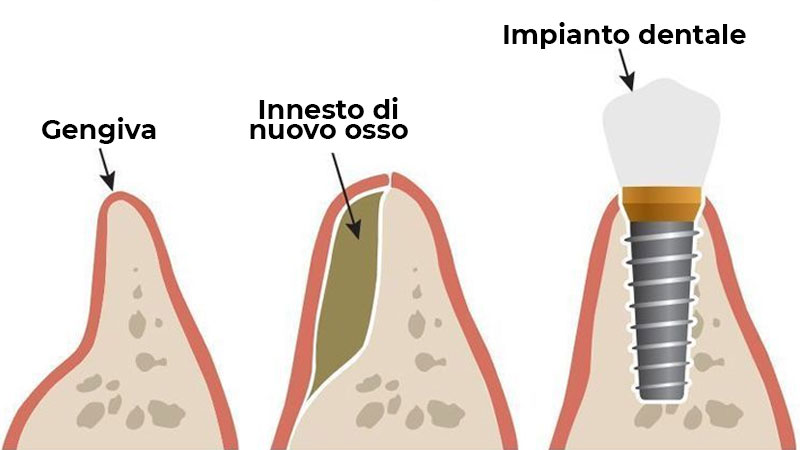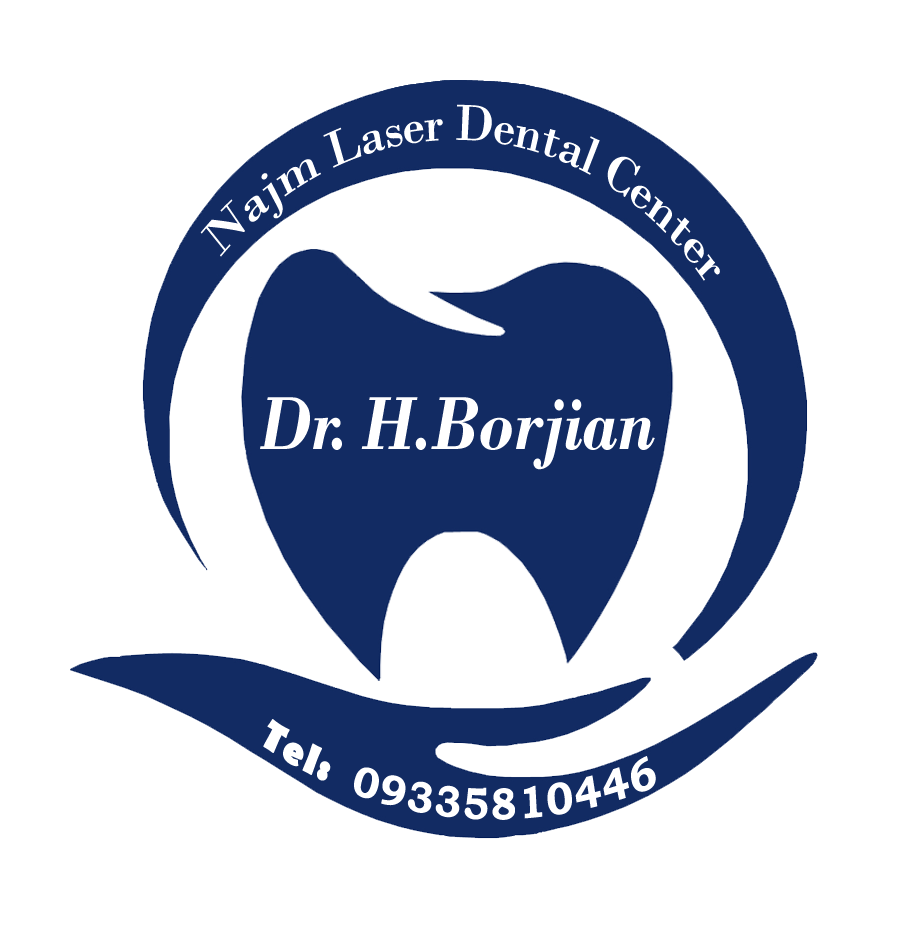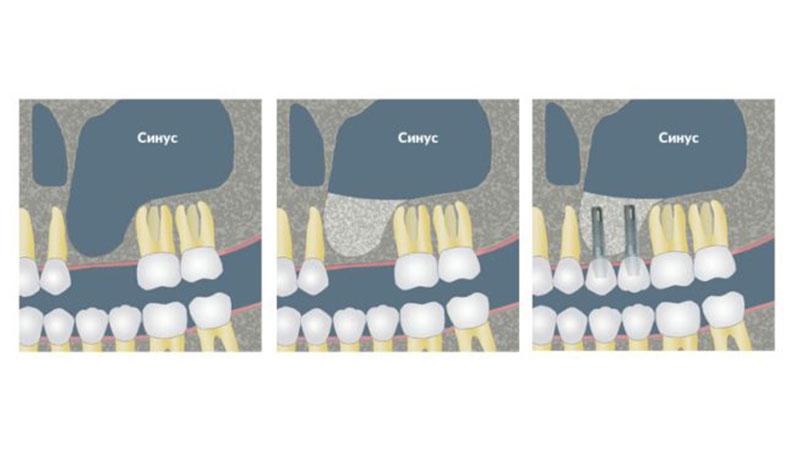Investigating the causes of bone grafting in dental implants
Bone grafting is a common procedure for stabilizing bone tissue in the jaw. During dental implant surgery, a small hole is made in the patient's jawbone to hold the implant, a small titanium post that holds the denture in place.. To do this, the jawbones must be wide and stable enough to support and fuse with the post.. In this article from Dr. Hossein Borjian's website The best dentist in Isfahan We examine the causes of bone grafting in dental implants.
Bone grafting is usually recommended when the patient has an injury to the jaw or extensive tooth decay.. In these cases, bone tissue may be lost due to atrophy or deterioration. If your jawbone is damaged or not strong enough, the pressure on the jaw from repeated chewing can damage the dental implant and increase the risk of dental implant failure..
When a dentist determines that there is not enough bone tissue to support dental implants, they recommend bone grafting.. In bone grafting, pieces of bone from your own body are used along with dead pieces of jawbone from a human cadaver to add bone mass to the jaw.. Depending on the severity of damage to the natural jaw, some patients may be candidates for artificial bone grafting.
How to transplant bone
Bone grafting for Dental implants It is a common procedure that can be performed as an outpatient surgery. Before the surgery, anesthesia or sedation is administered intravenously to prevent any discomfort. The dentist cleans the area, then makes an incision through the gum tissue to determine the area that needs bone grafting..
If you are receiving bone from your own body, the dentist will make a second cut to remove healthy bone tissue. Then healthy bone tissue or a combination of bone tissue is placed between the two parts of the bone to be welded. The dentist may need to perform some additional repairs in the surrounding tissue; Then he closes the incision.
The healing time may take several weeks for the jawbone to regenerate to accommodate the dental implants. After the implants are placed, you will need several more weeks to heal before the abutment and crown are attached.

Care tips to improve dental implants
- Take all medications as prescribed. It is recommended to use 1 painkiller before the anesthesia wears off. If you are prescribed antibiotics, be sure to take them as directed until they are finished.
- If you have an unusual reaction to medications, call our office.
- Bone grafts are made of many tiny particles. If you feel tiny grains in your mouth in the first few days, don't worry. To minimize the amount of separated granules, please remember the following:
- 3 until the 5 On the first day, do not spit or rinse your mouth.
- Do not apply pressure to the grafted area with your fingers or tongue.
- Do not pull your lip back to look at the stitches as this will cause damage.
Introducing the types of dental protection
- If you have upper implants placed near your sinuses or if you've had sinus surgery, you may have some bleeding from your nose for a few days.. If the nosebleeds are severe or continue, please call your dentist's office immediately.
- If sinus surgery is performed for a period of time 14 Avoid blowing your nose during the day and use nasal decongestant if prescribed.
- If you have a temporary tooth placed over your implant, do not bite or chew on it until the implant is fully healed.. Failure to comply with this task will result in failure implant placement will be.
- Some bleeding 24 The first hour after surgery is normal. There is active bleeding, put a wet gauze pad or wet tea bag on it and for a while 20 Bite continuously for minutes. Repeat this if necessary. Experiencing traces of blood in saliva is normal for up to a week. Note that if active bleeding continues, call our office immediately.
The Instagram page of Dr. Hossein Borjian, the best dentist in Isfahan
- Normal post-surgery conditions include some pain, sensitivity to touch, muscle stiffness, facial bruising or swelling.
- To 48 The first hour after the operation, the ice bag for the duration 20 Place next to the surgical site for a minute. after 48 hours, replace ice with warm, moist heat. Peak inflation in 3 It occurs the day after the operation before subsidence.
- If sutured, 10 The day after surgery, it resolves and disappears by itself. Please avoid unnecessary contact with the stitches until they are dissolved.
- Brush your teeth very gently, being careful to avoid brushing the surgical areas before they heal. You can gently rinse your mouth with a mouthwash or warm salt water.
- Drink nutritious fluids and eat soft solid foods such as soup, yogurt, ice cream, jelly, mashed potatoes, pudding, shaved fish, etc., to at least 3 The day after surgery. Once your mouth is able to tolerate solid food, you can return to your regular diet. Everyone is different and your tolerance determines your strength.
- Numbness is possible after your operation 24 Let the clock continue. If your numbness is over 24 It took hours to call the dental office.
- At least until 21 Avoid smoking the day after surgery. Smoking affects the healing process.
- If you are using contraceptives, please inform your dentist as they may interfere.
Attention :
- The scientific accuracy of the above article should be consulted with Dr. Borjian, a specialist, in person Gum and bone grafting be confirmed.
- This article was managed and published by the site admin.
Read more :
Complications and risks of implant implantation in the elderly
Suitable foods after wisdom tooth surgery



